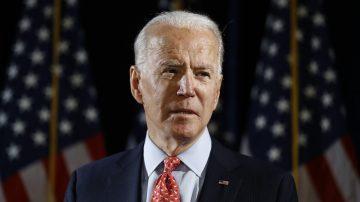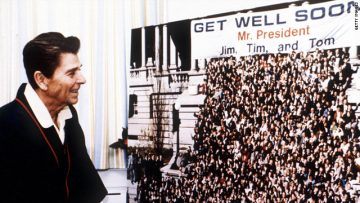by Godfrey Onime

Just months after the new president was sworn into office, a would-be assassin’s bullet whizzed through the air and sliced into his chest. It cracked his rib, punctured his left lung, and barely missed his heart. It was March 30th, 1981 and Ronald Reagan was rushed to the George Washington University Hospital, in Washington, DC. His wife arrived as Reagan was being whisked to surgery and the injured president managed to croak, “Honey, I forgot to duck.” Reagan recovered fully after surgery, becoming the first U.S. president to survive an assassination attempt after a gunshot. Three years later and aged 73, he would clinch a resounding reelection to become, until now, the oldest person to win a presidential bid. But soon questions of a potential mental decline began to mount concerning the septuagenarian, such as when during a 1984 general election debate he told an anecdote that meandered aimlessly and fizzled to nowhere. A decade later, Reagan would announce that he had Alzheimer’s disease.

Age, it is often said, is just a number. But when it comes to the presidency of the United States, is it really? Should it simply be? This question is compounded by the lack of guidance in the U.S. constitution: While it places a minimal age requirement of 35 to run for office, it imposes no upper age limit.
And now, the country has elected Joe Biden to assume the presidency at age 78 – one year older than when Reagan, after a second term, left the post. That is among the many presidential histories that Biden’s election has made — the oldest person to date to be rewarded with America’s highest office. Yet, an advanced age puts a person at increased risk for diseases and health complications, including heart attack, stroke, various cancers, Alzheimer’s disease, and of course, death. After all, as George Burns once quipped, “At my age, flowers scare me.” Read more »
